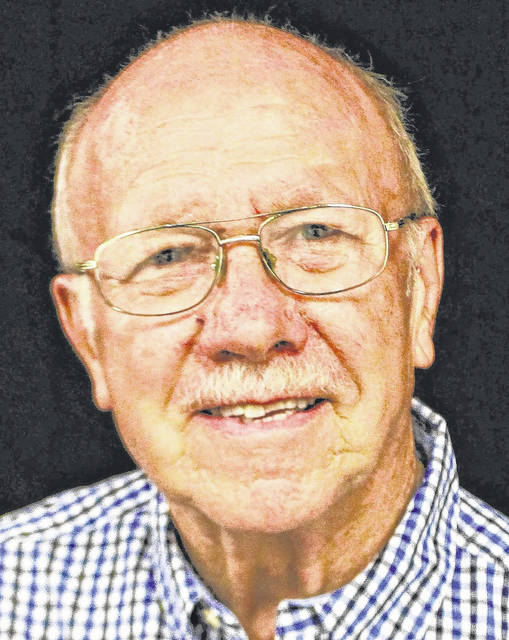
During World War II, the U.S. government provided conscientious objectors (CO’s) with the option of doing alternative service defined as “work of national importance.”
Some 12,000 men chose this option and served in the Civilian Public Service at one of the 152 camps in the U.S. These men served in the following types of work: soil conservation and agriculture, forest and national parks, mental health, and medical experiments.
They served without pay and their expenses were the responsibility of their denominations. The men came from many denominations, but most from the historic peace churches: Mennonites, Church of the Brethren and Friends (Quakers).
One such volunteer was local Quaker Folger Hunt, who from an early age was convinced that war was a “barbaric and immoral way to resolve human conflict.” Raised in a Friends meeting/family and a Wilmington College graduate, he later served as a pastor in Friends’ area meetings and later as a mental health specialist.
He went to the local draft board which was made up of local volunteers and expected immediate acceptance as a CO. (At this time there were many Quakers and their churches in the immediate area.)
This did not happen, however, but he was given the opportunity to appeal this decision to the Regional Selective Service Board in Cincinnati and was soon classified as a CO (4E classification).
He was sent to the Civilian Public Service Camp at Big Flats, New York, administered by Quakers. This camp was under the auspices of the U.S. Forest Service, where he was assigned the task of harvesting pine cones. He found this less than what he had expected and applied for a transfer.
He selected a position with the Malaria Fever Project located at the Goldwater Memorial Hospital on Welfare Island in New York’s East River run by the New York University School of Medicine.
The purpose of the study was to test new drugs for the cure of malaria fever. There were 30 men assigned to this unit.
“The first few days we were given exhaustive medical and laboratory tests. We had 24-hour around the clock physician and nursing services. Our unit was indeed the elite unit of the hospital … all were totally accepting of CO’s as ‘guinea pigs.’ Not once do I recall hearing any derisive comments about our beliefs or why we, as healthy young men, were not in the armed services.” (CO’s were often vilified.)
By placing the infected anopheles’ mosquitos on their chests, the volunteers were soon bitten and infected. There was a 14-day waiting period and in rapid succession all were experiencing the same symptoms – rising temperatures, aches and pains, chills and sweating. Then, the experimental drugs were administered.
Of the three groups of 10 men, “I was assigned to the third group, the one established to receive maximum dosages of the experimental drugs.” A few days later his temperature reached dangerously high levels and he had to be packed in ice.
The medication was taken for a two-week period, but after seven days, “I began to develop body tremors and a very mild skin rash so I was immediately withdrawn from the medication. I remember wondering at the time whether or not this meant that I would suffer from malaria fever for the rest of my life.
“However, since that time I have had no further symptoms or relapse of the disease, nor to my knowledge did any of the other men in the project.”
Regardless of Folger’s response to the medication, research methodology required that all the men in his group be observation closely for an additional year. To realize this all were given work assignments as ward attendants in the hospital so the men were readily available for periodic physical examinations.
“This was during the height of WWII, there were extreme labor shortages… there was no time for training or instruction. I remember cleaning numerous soiled beds and even treating bed sores by following instructions given by the patient in the next bed who had observed what other staff had done.”
After receiving a M.A. in psychology from Ohio University, Folger Hunt spent the rest of his life continuing to serve those in need. For several years he worked as a psychologist with the Goodwill Industries, later as a psychologist for the Harmerville Rehabilitation Center and, finally, as the Director of the John Heinz Institute in eastern Pennsylvania.
A life well lived!
Neil Snarr is Professor Emeritus at Wilmington College.


